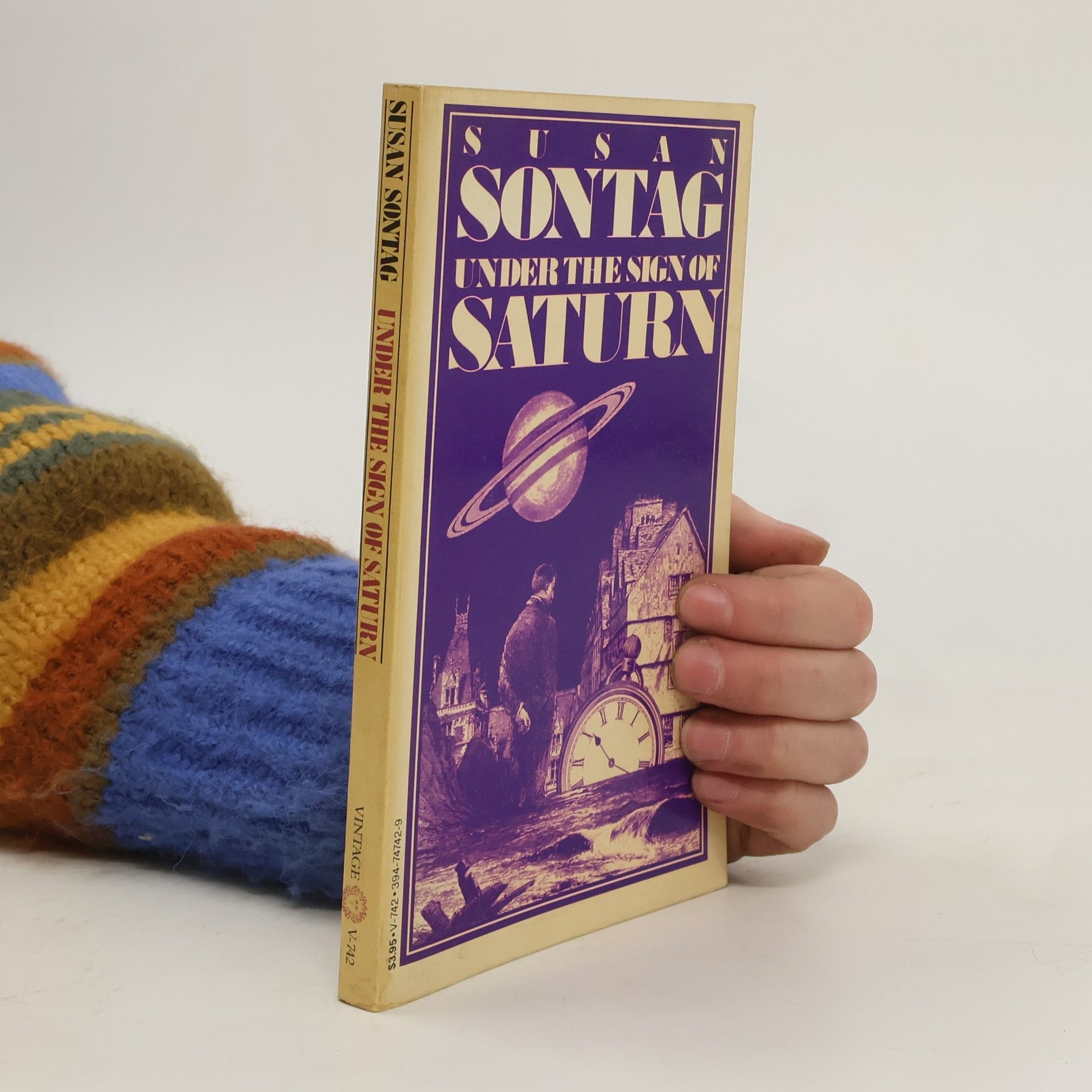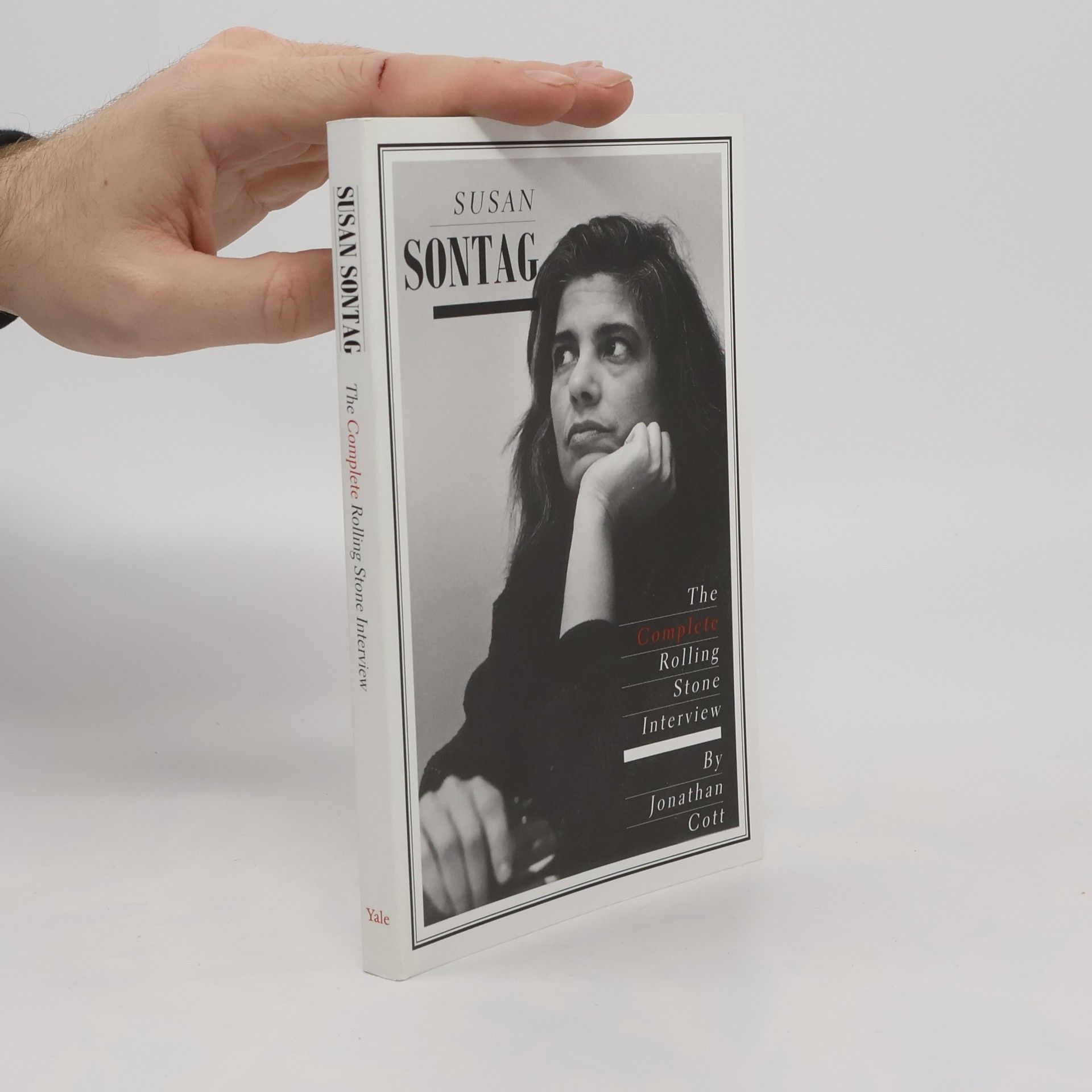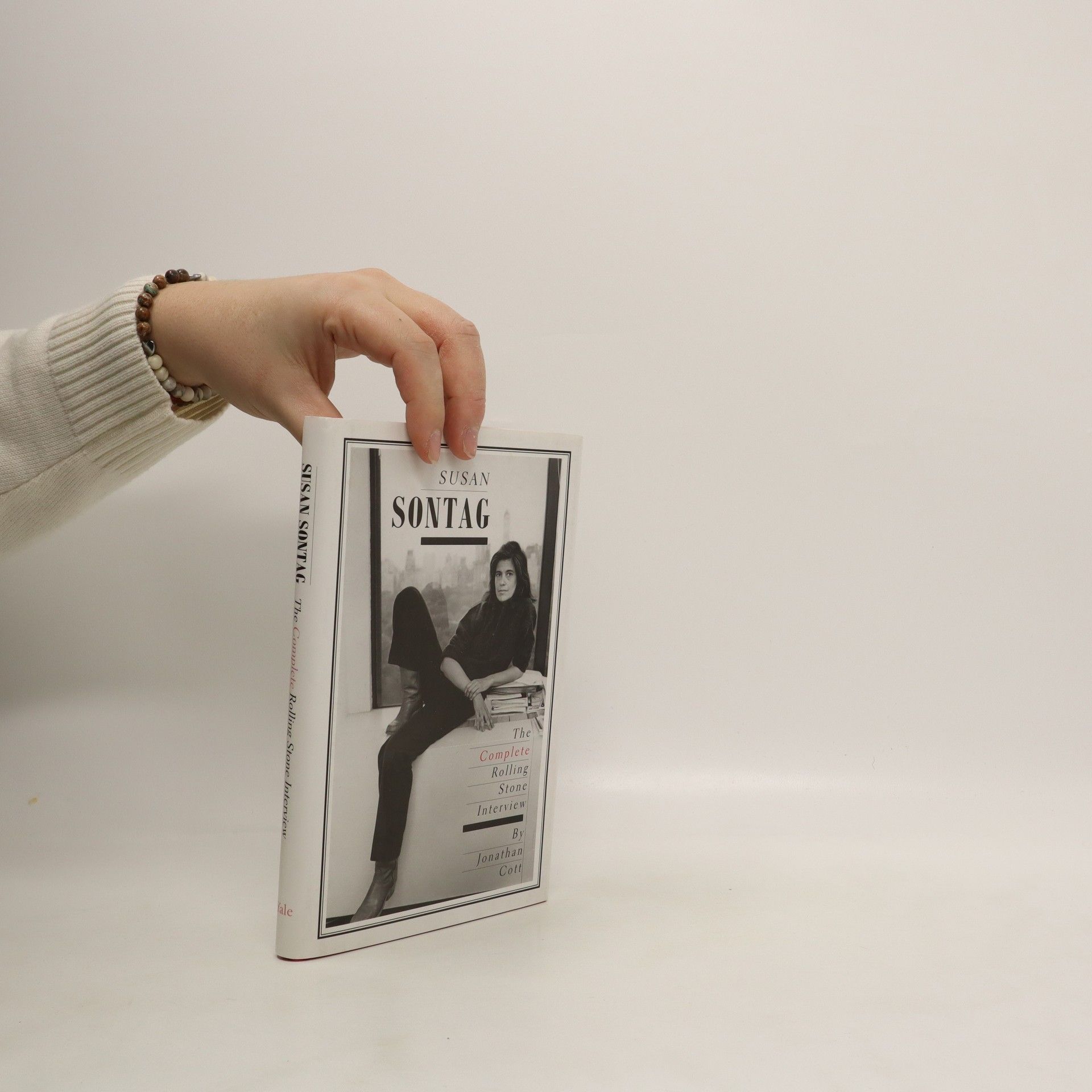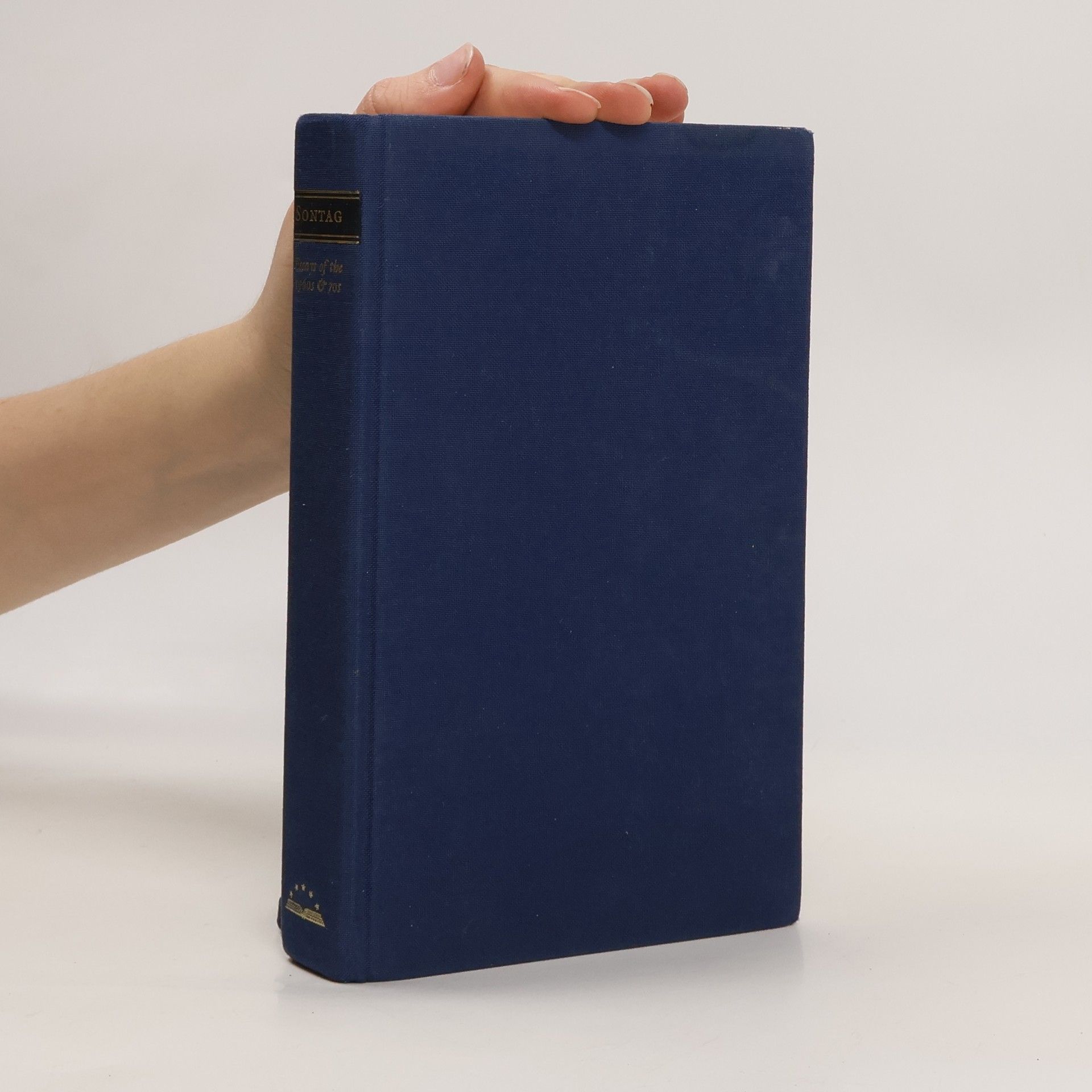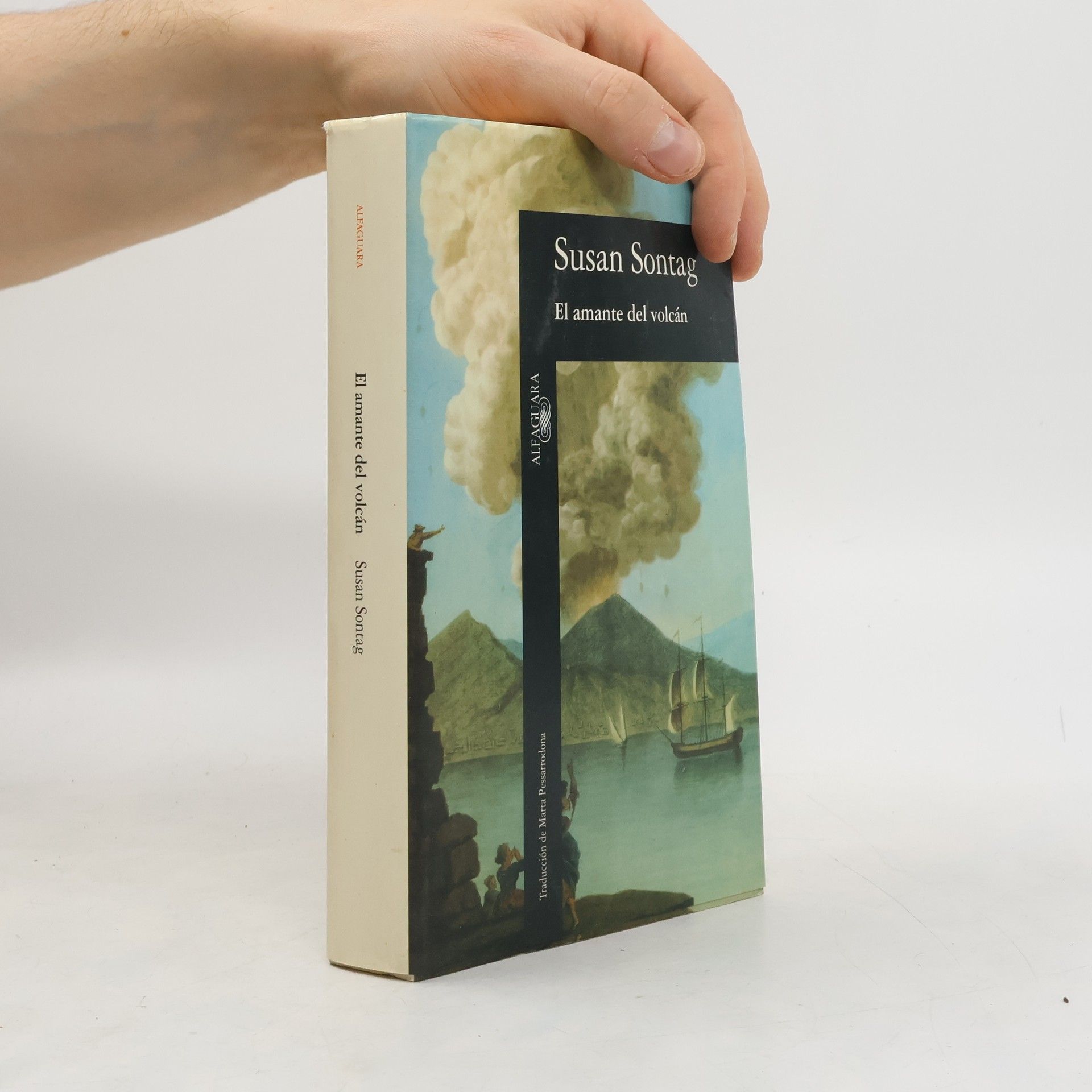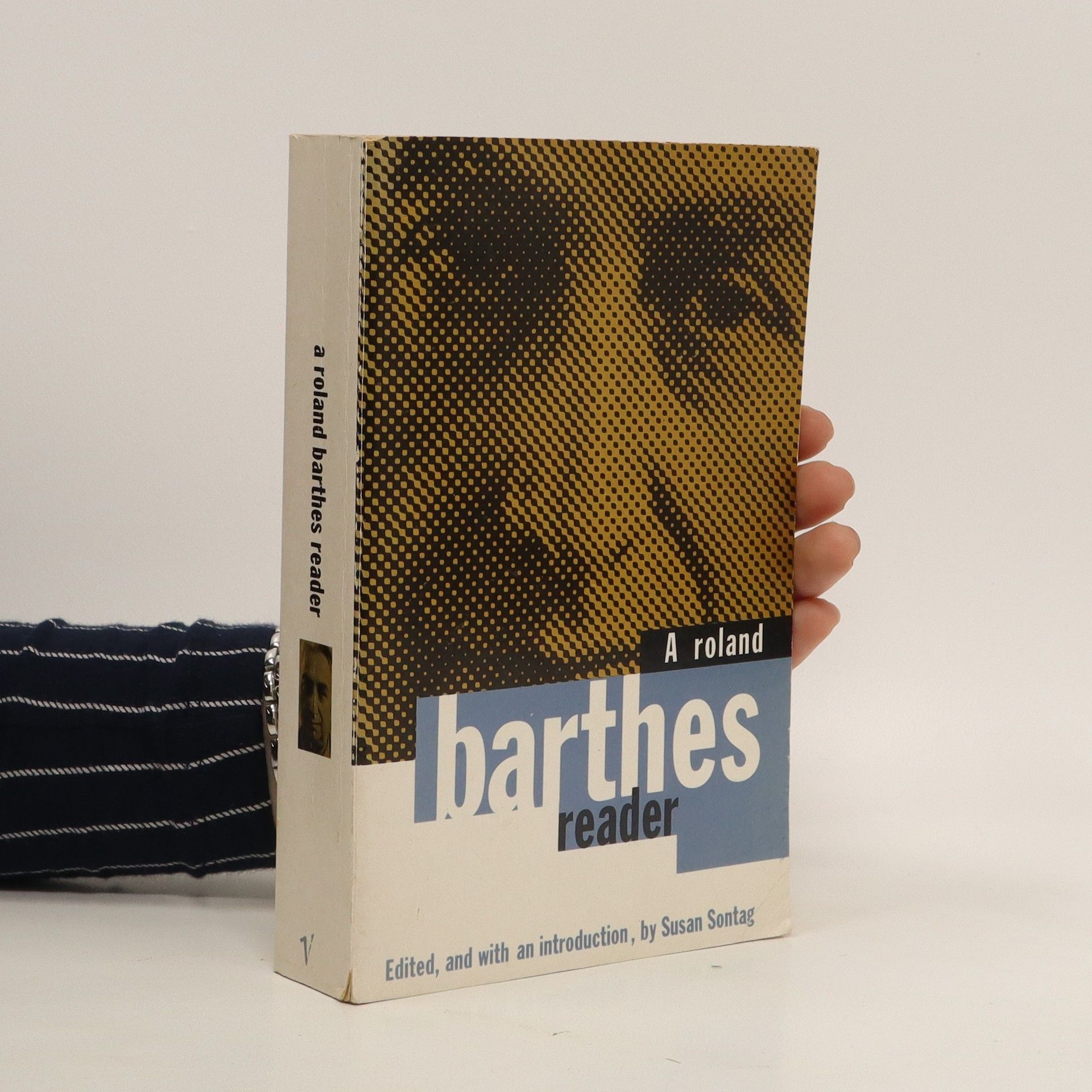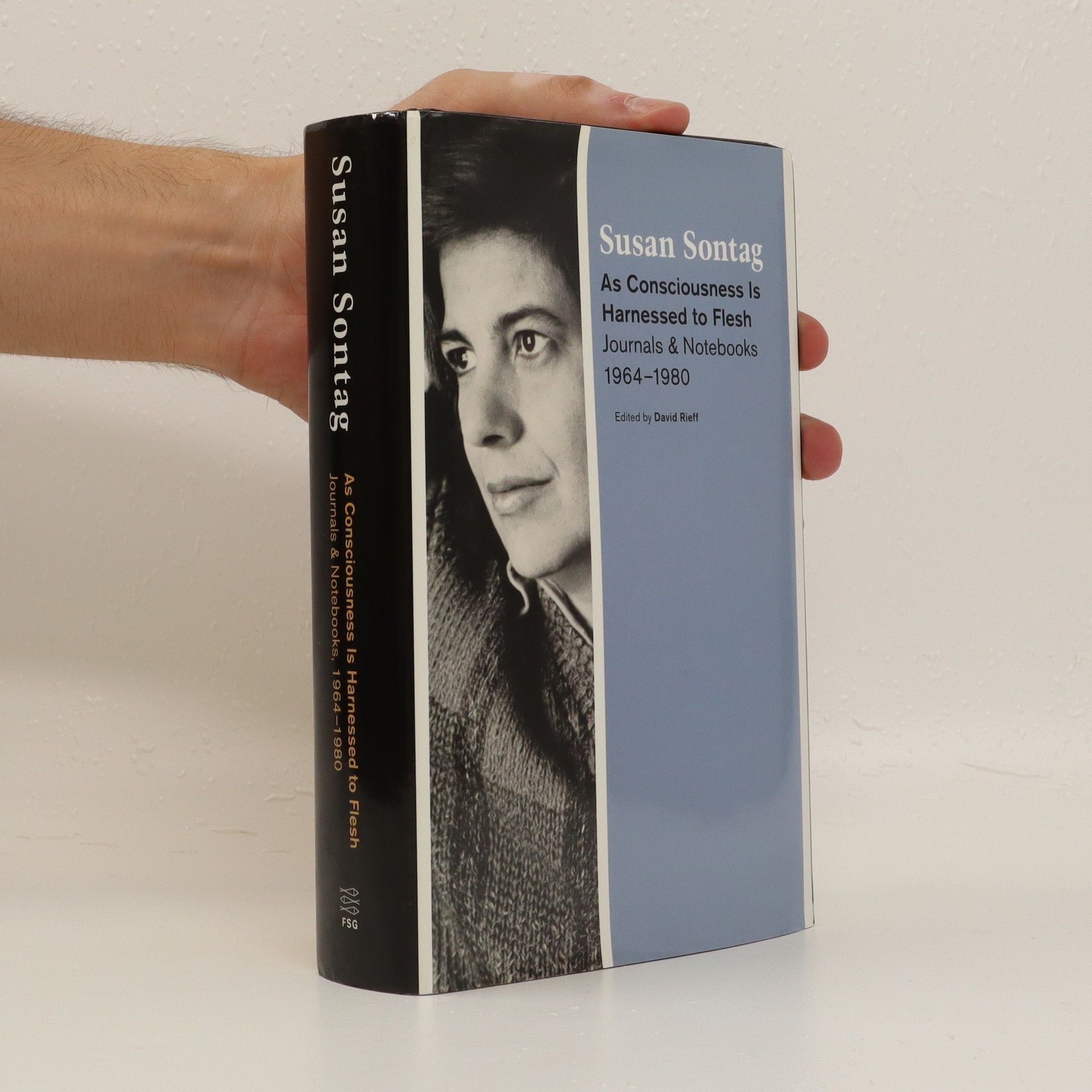El amante del volcán
- 427 páginas
- 15 horas de lectura
Ambientada en el Nápoles del siglo XVIII y basada en las vidas de sir William Hamilton, su famosa mujer, Emma, y lord Nelson, acompañados por muchas de las grandes figuras del momento, esta novela histórica poco convencional, firmada por una de las grandes pensadoras del siglo, nos habla del sexo y la revolución, del destino natural, del arte y de la obsesión del coleccionista, pero, sobre todo, del amor. «Una novela de ideas apasionada, y a menudo radical, que contiene todos los placeres al viejo estilo de las novelas históricas tradicionales.» The New York Times Un examen apasionadamente feminista del cambio acaecido en la civilización occidental desde el Siglo de las Luces.

